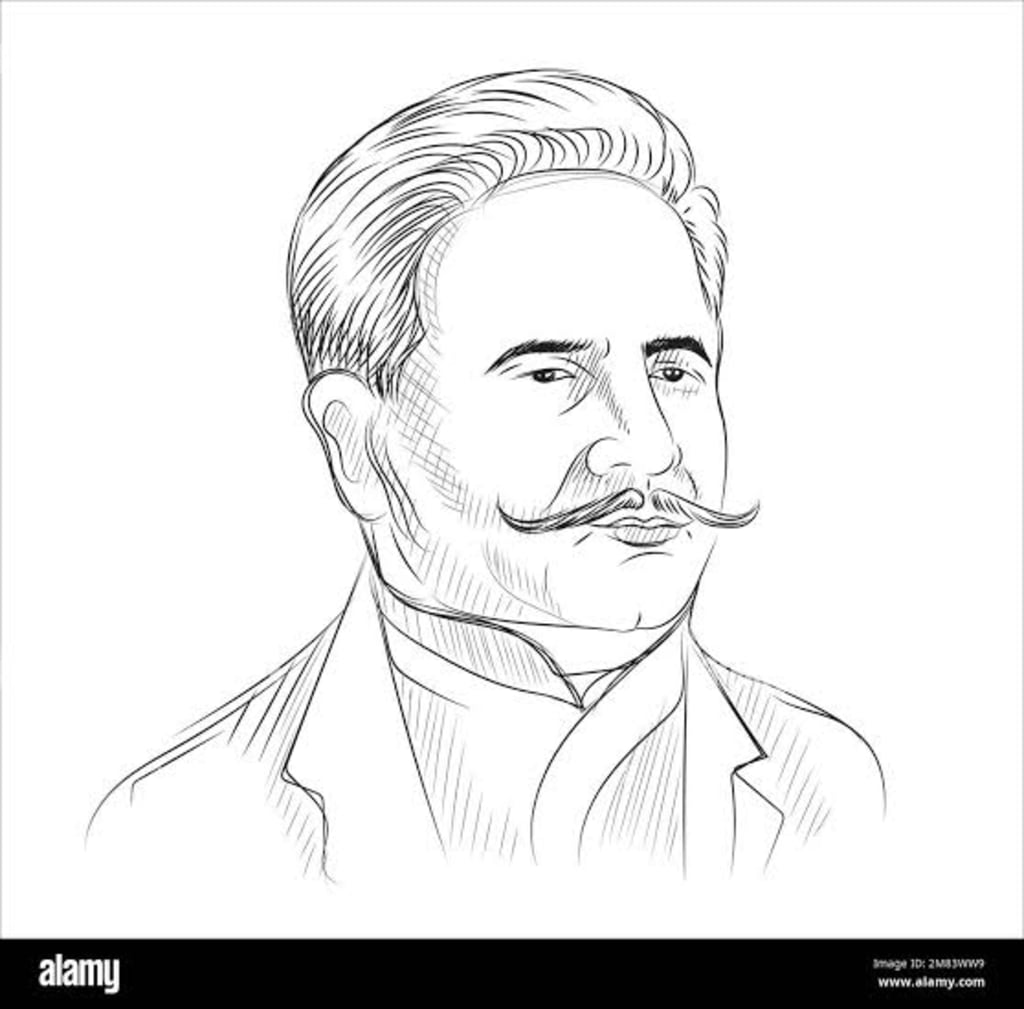
Alma Iqbal was a prominent figure in Pakistan's history and made significant contributions to the development of Pakistan.
Born on February 22, 1878, in Calcutta (present-day Kolkata, India), Alma Iqbal was the mother of Pakistan's founding father, Muhammad Ali Jinnah. She received her education from the Dr. Ahmad Saleem Girls' School in Calcutta, where she was a bright student and excelled in her studies.
In 1892, Alma Iqbal married Jinnah, who at the time was a rising young lawyer in Bombay. She supported her husband's political aspirations and played an active role in his political career. After the partition of India in 1947, she accompanied Jinnah to the newly formed state of Pakistan, where he became the first Governor-General.
Alma Iqbal's greatest contribution to Pakistan was her role in the development of the All India Muslim League, which was founded in 1906 as a political party representing India's Muslim population. During the years leading up to partition, Alma Iqbal worked closely with her husband and other League leaders to advance the interests of the Muslim community.
In addition to her political activism, Alma Iqbal was also a philanthropist and social worker. She was involved in several charitable organizations and was known for her generosity and compassion towards people in need.
Despite her many contributions, Alma Iqbal's legacy in Pakistan's history has often been overshadowed by that of her husband. However, she remains an important figure in the country's history and a symbol of the contributions that women have made to the development of Pakistan.Quaid-e-Azam Mohammad Ali Jinnah is known as the founder of Pakistan and is regarded by many as one of the most successful political leaders of the 20th century. Jinnah was a lawyer and a politician who played a significant role in the creation of Pakistan in 1947, which was carved out of India.
Jinnah was born on December 25th, 1876, in Karachi, which was then part of British India. He was educated in England and went on to become a successful lawyer in Bombay, now known as Mumbai.
In 1913, Jinnah joined the Indian National Congress (INC), which was fighting for independence from British rule. While he was part of the INC, he advocated for Hindu-Muslim unity and worked towards creating a united India. However, his efforts were met with resistance from other leaders who were not in favor of this idea.
In 1940, Jinnah founded the All India Muslim League, which soon became a prominent political force. Jinnah believed that Muslims in India needed their own separate homeland, and he worked tirelessly to achieve this goal.
Jinnah's efforts paid off on August 14th, 1947 when Pakistan was created after a prolonged struggle. Jinnah was sworn in as the first Governor-General of Pakistan, a role he held until his death on September 11th, 1948.
Throughout his life, Jinnah fought for the rights and interests of Muslims in India, and his legacy is still celebrated by many in Pakistan today. He is regarded as one of Pakistan's most cherished heroes, and many public institutions and buildings in the country are named after him.Pakistan is a country located in South Asia. It is the fifth-most populous country in the world with a population over 220 million people. Pakistan shares its borders with India, Afghanistan, Iran, and China. Its capital city is Islamabad.
Pakistan is a diverse country with a rich history and cultural heritage. It is home to numerous ethnic groups, including Punjabis, Sindhis, Balochis, and Pashtuns. Pakistan was formed on August 14, 1947, when India was granted independence from British rule and was split into two countries.
Pakistan is known for its beautiful landscapes, including the Karakoram Mountains and the Indus River Valley. The country has a vibrant and diverse economy with industries ranging from agriculture to textiles to information technology.
Despite the many challenges it faces, such as poverty and political instability, Pakistan remains a resilient and important player in the region. The country continues to make progress in areas such as education and women's rights, and it is home to a vibrant arts and culture scene.





Comments
There are no comments for this story
Be the first to respond and start the conversation.